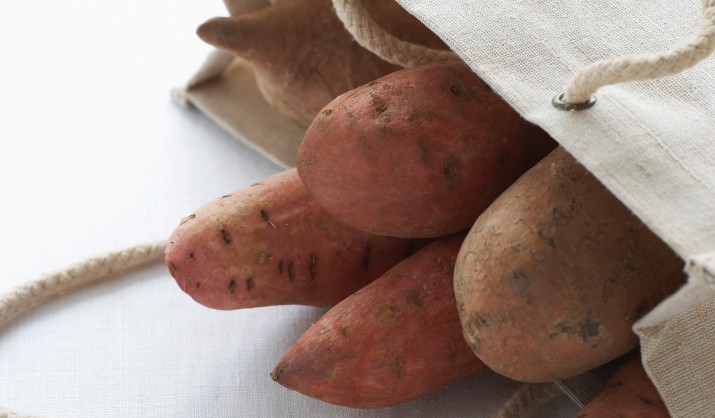The majority of people on a health and fitness journey have most likely experimented with a ‘macros split’ in order to guide them to fat loss and muscle gain. If you are like me, then you may have tried to figure your individual macros – and failed. Do not be discouraged! Let me save you hours, months, even years of research by compressing what you need to know about getting started with nutrition.
Build Muscle AND Burn Fat?
It’s normal for a lot of people to think that it’s impossible to build muscle and burn fat at the same time but science and real results (like myself for example over the past long while – all about consistency) have proven that wrong.
Of course this ‘lifestyle plan’ won’t be the same for everyone, but figuring out and experimenting with different macronutrients will benefit you in the long run more than going through 20 different nutrition plans in the same amount of time. Trust me, we’ve all been there!
What Are Macros?
Macros (proteins, fat, carbohydrates) are the most important things in your diet. Protein helps you to maintain/build muscle as well as burn fat. Fats help with hormone production, energy production and even muscle growth! Carbohydrates are simply an energy source that the body prefers to use.
Forget about counting calories for a moment. As long as you hit your macros and eat the proper foods to do so, your body will be satisfied and you will not need any more to eat.
Depending on your goals, your macro split will be different but generally you want to get the following on a daily basis:
- 1 to 1.5 grams of protein per lb that you weigh
- .5 grams of fat per lb that you weigh
Example: So for the casual 160lb male, that means 240g of protein and 80g of fats per day.
Proteins and fats should be consistent no matter what – you need those to build muscle and burn fat.
Carbs vary depending on where you are in the diet… we’ll move onto that!
Carbs, The “Problematic” Macro-Nutrient
The first mistake people make is that they think cutting carbs completely is the way to go – nope. All that will do is result in some fat loss but then your fat loss will plateau quickly and your metabolism will slow down, preventing further fat loss.
An incredibly effective way to lose fat at this point is to slowly decrease your carbs every week or so. The best place to start is probably 1-1.5g of carbs per lb that you weigh a day and see how your body reacts – if you eat high carb already either knowingly or unknowingly like most people, then this will treat your body pretty well.
Despite where you start, you want to stick to the first phase ,“higher carb phase”, for a while until your fat loss begins to halt. You can then trick the body by lowering the carbs by around 50 grams or so and stay there until you plateau again which will most likely occur some weeks in!
Keep dropping slightly by whatever increment you like when your fat loss plateaus to ensure that you continue to lose fat. Seems simple enough, but remember: EVERYONE IS DIFFERENT! I may be able to eat a certain amount of carbs that may cause weight gain in you. It is all about how you are eating currently and how your body reacts to what you do. It may take some trial and error, but will not be too difficult to figure out.
Carbs also are tricky because there are 2 kinds:
Simple Carbs
You want to stay away from simple carbs (basically sugary things) the majority of the time – I usually consume simple carbs either in the morning or post-workout (dextrose, maltodextrin, etc) because they spike your insulin levels which will lead to them getting stored as fat. Examples are anything made with enriched flour like white bread, or pasta, white rice, sugar etc.

Simple carbs make a great source of post-workout fuel due to these carbs being used to restore your glycogen in your muscles (muscle energy source aka the form carbs are converted to for storage and use in the muscles).
Complex Carbs
Stick with these most of the day. Examples include anything that is made from 100% whole grains, fruit (limit yourself to 1-2 servings a day), brown rice, sweet potatoes, and vegetables.

Take Home Message
Once again don’t worry about calories much because if you hit your macros based on these numbers you will most likely be in a deficit.
However, do be mindful and adjust if you feel the numbers are too high. If you see that the carbs are making you gain weight you can adjust accordingly just do not drop drastically all at once.
Weekly or every couple weeks is the way to go – I hope these tips help!
If you like this article and would like to learn more about many fitness topics including this one, click here to visit my Youtube page where I post multiple videos every week!



